LIFE MEETING THE NEED OF MAN’S EVERY CASE
The Need of the Hungry –
Life’s Feeding (2)
Verses:
John 6:47-63
47 Truly, truly, I say to you, He who believes has eternal life.
48 I am the bread of life.
49 Your fathers ate the manna in the wilderness, and they died.
50 This is the bread which comes down out of heaven, that anyone may eat of it and not die.
51 I am the living bread which came down out of heaven; if anyone eats of this bread, he shall live forever; And the bread which I will give is My flesh, given for the life of the world.
52 The Jews then contended with one another, saying, How can this man give us His flesh to eat?
53 Jesus therefore said to them, Truly, truly, I say to you, Unless you eat the flesh of the Son of Man and drink His blood, you do not have life within yourselves.
54 He who eats My flesh and drinks My blood has eternal life, and I will raise him up in the last day.
55 For My flesh is true food, and My blood is true drink.
56 He who eats My flesh and drinks My blood abides in Me and I in him.
57 As the living Father has sent Me and I live because of the Father, so he who eats Me, he also shall live because of Me.
58 This is the bread which came down out of heaven, not as the fathers ate and died; he who eats this bread shall live forever.
59 He said these things in a synagogue as He taught in Capernaum.
60 Many therefore of His disciples, when they heard this, said, This word is hard; who can hear it?
61 But Jesus, knowing in Himself that His disciples were murmuring about this, said to them, Does this stumble you?
62 Then what if you saw the Son of Man ascending to where He was before?
63 It is the Spirit who gives life; the flesh profits nothing; the words which I have spoken to you are spirit and are life.
John 6:66-68
66 From that time many of His disciples went back to what they left behind and no longer walked with Him.
67 Jesus therefore said to the twelve, Do you also want to go away?
68 Simon Peter answered Him, Lord, to whom shall we go? You have words of eternal life,
Ministry Excerpts:
Food Abiding to Eternal Life
In verses 32 through 71 we find the food that abides to eternal life. If we read this portion carefully, we find that the Lord was incarnated, crucified, resurrected to indwell us, and ascended, and we see that He has become the life-giving Spirit who eventually is embodied in His living Word. Let us now consider each of these aspects.
Coming to Man by Being Incarnated to Give Life to Man
Verses 35 through 51 reveal that the Lord has come to man by being incarnated that He might give life to man. By what way can we take the Lord as food, as the bread of life? This chapter reveals the way figuratively, but for many generations people have overlooked it. First of all, the Lord said that He “came down from heaven” (6:33, 38, 41, 42, 50, 51, 58). By what way did He come down from heaven? He came down by incarnation. He became a man by partaking of flesh and blood (Heb. 2:14). He came in the flesh and He came as a man. The devil and the evil spirits hate this. The only way to test whether or not a person has an evil spirit is to ask the demon or spirit if he would confess that Jesus Christ has come in the flesh (1 John 4:2). Incarnation is the first step that the Lord took in order to become our life.
Being Slain to Be Eaten by Man
The Lord’s death was the second step that He took to make Himself available for us to partake of as our food. He died for us, not in an ordinary way, but in a very extraordinary way. He was slain by being crucified on the cross. This death separated His blood from His flesh….In verse 51b the Lord says, “And the bread which I will give is My flesh, which I will give for the life of the world.” At this point, the bread becomes the flesh. We have seen that the bread is of the vegetable life and is only for feeding and that the flesh is of the animal life and is not only for feeding, but also for redeeming. Before the fall of man, the Lord was the tree of life (Gen. 2:9), only for feeding man. After man fell into sin, the Lord became the Lamb (John 1:29), not only for feeding man, but also for redeeming him (Exo. 12:4, 7-8). The Lord gave His body, that is, His flesh, to die for us that we might have life. The blood is added in verse 53, where the Lord says, “Truly, truly, I say to you, unless you eat the flesh of the Son of Man and drink His blood, you have no life in yourselves.” The blood is added here because it is necessary for redemption (John 19:34; Heb. 9:22; Matt. 26:28; 1 Pet. 1:18-19; Rom. 3:25).
Resurrected to Indwell
We have seen that incarnation is the first step and that crucifixion is the second. Resurrection is the third step by which the Lord has made Himself available as our life. Several times in John 6 the Lord mentions something about “life” and “living.” On the one hand, He said that He was the bread of life; on the other hand, He said that He was the living bread (6:35, 51). Do you understand the difference between the bread of life and the living bread? Perhaps you may feel that both phrases mean the same. However, the proper way to study the Word is to investigate both phrases and determine the reason for the difference between them. The bread of life refers to the nature of the bread, which is life; the living bread refers to the condition of the bread, which is living. He is the living bread. Although He was crucified and slain, He is still living. He alone is the living One in resurrection. Verse 56 implies the matter of resurrection. “He who eats My flesh and drinks My blood abides in Me and I in him.” This indicates that the Lord had to be resurrected that He might abide in us as our life and life supply. The Lord could not have abode in us before His resurrection. He could only abide in us after His resurrection. Thus, verse 56 indicates that He was going to be resurrected and become the indwelling Spirit.
Ascended
Ascension follows resurrection. The Lord’s ascension is referred to in verse 62. Responding to His disciples who were murmuring about His words, the Lord said, “What then if you should see the Son of Man ascending where He was before?” Here in this verse His ascension is clearly mentioned. Ascension is the proof of the completion of His redemptive work (Heb. 1:3). The Lord ascended to the Father, and the Father accepted Him. That was a proof that His work on the cross for our redemption was acceptable to the Father. Thus, the Lord was seated at the right hand of the Father. His work on the cross satisfied God the Father.
Becoming the Life-giving Spirit
Verse 63 says, “It is the Spirit who gives life; the flesh profits nothing.” At this point, the Spirit who gives life is brought in. After resurrection and through resurrection, the Lord Jesus, who had become flesh (1:14), became the Spirit who gives life, as is clearly mentioned in 1 Corinthians 15:45. It is as the life-giving Spirit that He can be the life and life supply to us. When we receive Him as the crucified and resurrected Savior, the Spirit who gives life comes into us to impart eternal life to us.
Embodied in the Word of Life
Christ, as the bread of life, is embodied in the Word of life. Although the Spirit is wonderful, it is too mysterious. We need something solid, visible, tangible, and touchable—the Word of life. In verse 63 the Lord says that “the words which I have spoken unto you are spirit and are life.” The Word is substantial.
The “words” in this verse is rhema in Greek, which means the instant and present spoken word. It differs from logos, which means the constant word, as in John 1:1. At this point, the words follow the Spirit. The Spirit is living and real, but rather mysterious, intangible, and difficult for people to apprehend, but the words are substantial. Firstly, the Lord indicated that for giving life He would become the Spirit. Then He said that the words He speaks are spirit and life. This shows that His spoken words are the embodiment of the life-giving Spirit. He is now the life-giving Spirit in resurrection, and the Spirit is embodied in His words. When we receive His words by exercising our spirit, we receive the Spirit who is life.
We have seen six steps whereby Christ has made Himself available for us to receive—incarnation, crucifixion, resurrection, ascension, becoming the life-giving Spirit, and being embodied in the Word of life. The Lord has been incarnated, crucified, resurrected, ascended, has been transfigured from the flesh into the Spirit, and has been embodied in the Word. The Word is the embodiment of the Spirit of the Lord. You cannot say that you do not know how to contact the Lord, for the Lord has been embodied in the Word. He is the Spirit and the Word. If you receive the Word, you will have the Spirit as your enjoyment of Christ.
The strongest and strangest sentence in the entire Bible is verse 57. “As the living Father sent Me, and I live because of the Father, so he who eats Me shall also live because of Me.” The Lord who is the Almighty God and the Creator of the universe exhorts us to eat Him. Man could never have such a thought. If this word had not been spoken by the Lord, I believe that none of us would possess enough courage to say that we must eat the Lord. Of course, we can say that we must worship and fear the Lord, trust and obey the Lord, pray and work for the Lord. We may use many other verbs to explain what we must do for the Lord, but we would be afraid to think that we should eat Him. We all must eat three meals a day in order to live. In other words, we live by eating. Likewise, we must eat the Lord so that we can live by the Lord. The most important point in the whole chapter of John 6 is that the Lord is our food, the bread of life. To eat Him is not a once-for-all matter. It is a daily matter and even a moment by moment experience of the Lord. Whether in the East or West, people continually eat so that they may live. So, we all must also contact the Lord and eat Him. We are not merely weak people, but hungry people who need the Lord as our life supply. The Lord is edible because He is the bread of life. He is as edible as a piece of bread. We must exercise our spirit to feed on Him as the Word and as the Spirit. Then we shall receive Him into us, digest Him, experience Him, and apply Him moment by moment. This is all—there is nothing else. We must forget about our doing and our working and learn to eat Christ and live by what we have eaten of Him. This is the divine way of life for our daily living. (Life-study of John, msg. 16)





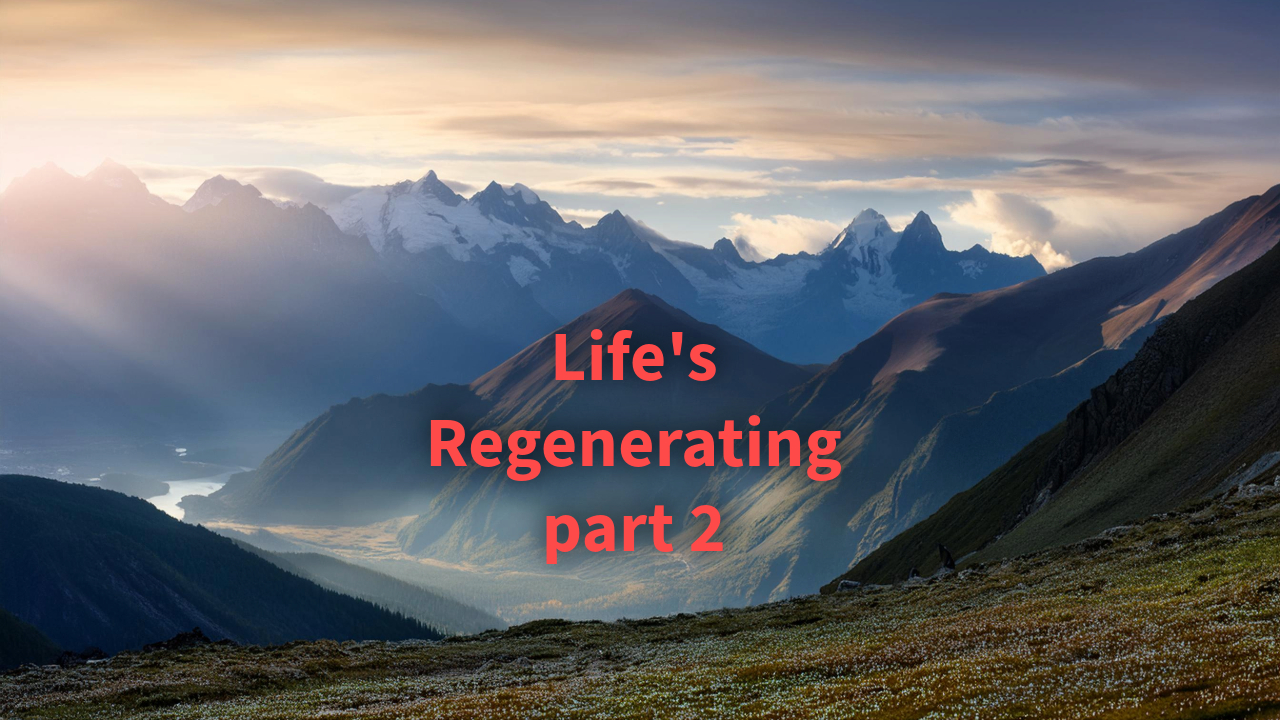

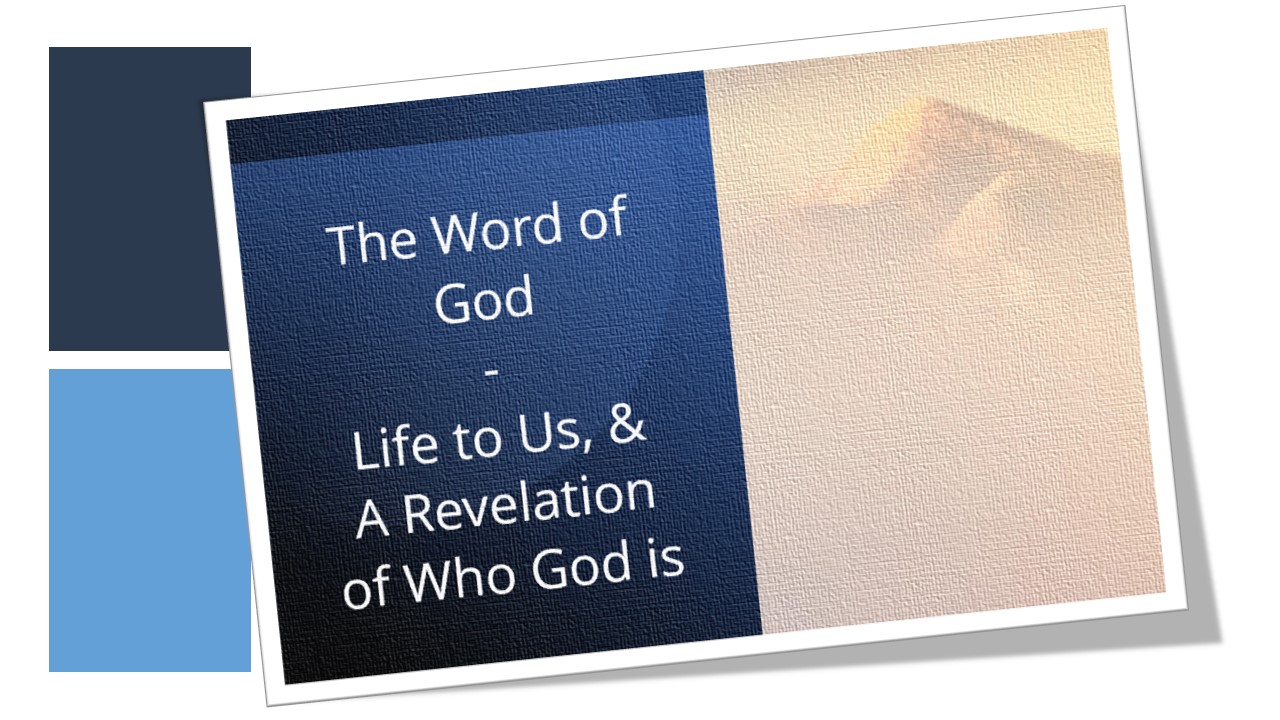
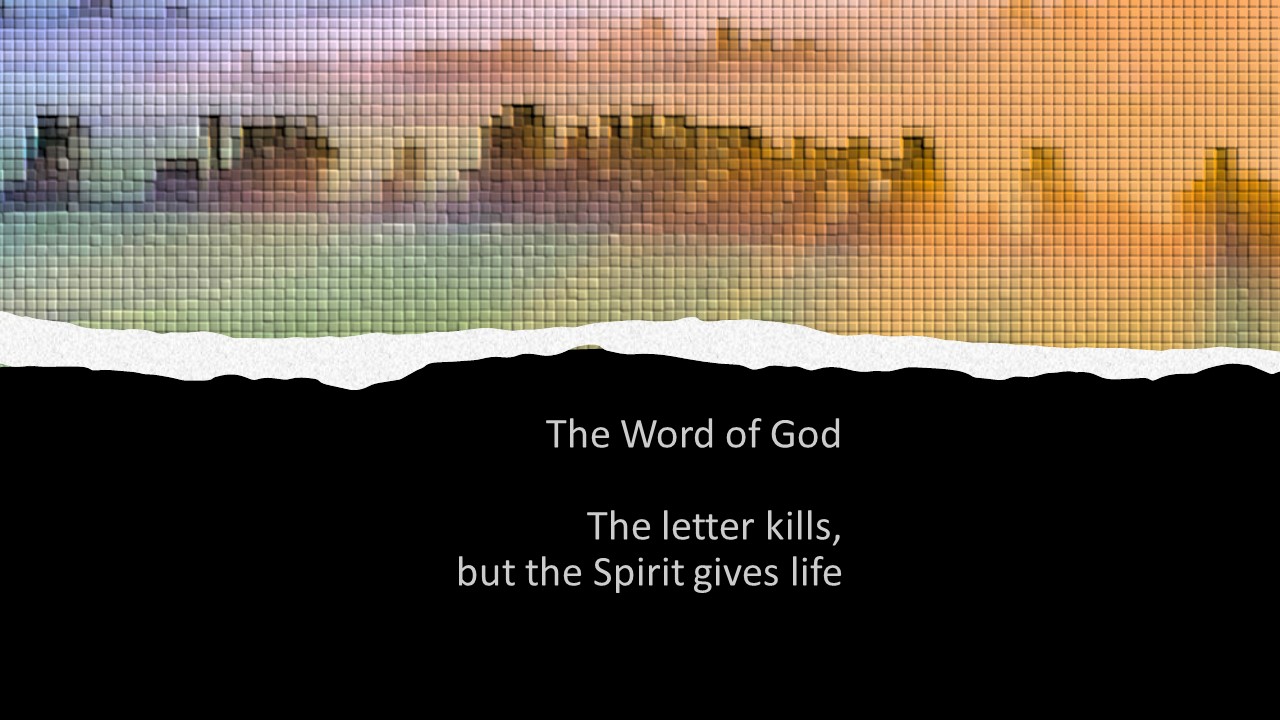

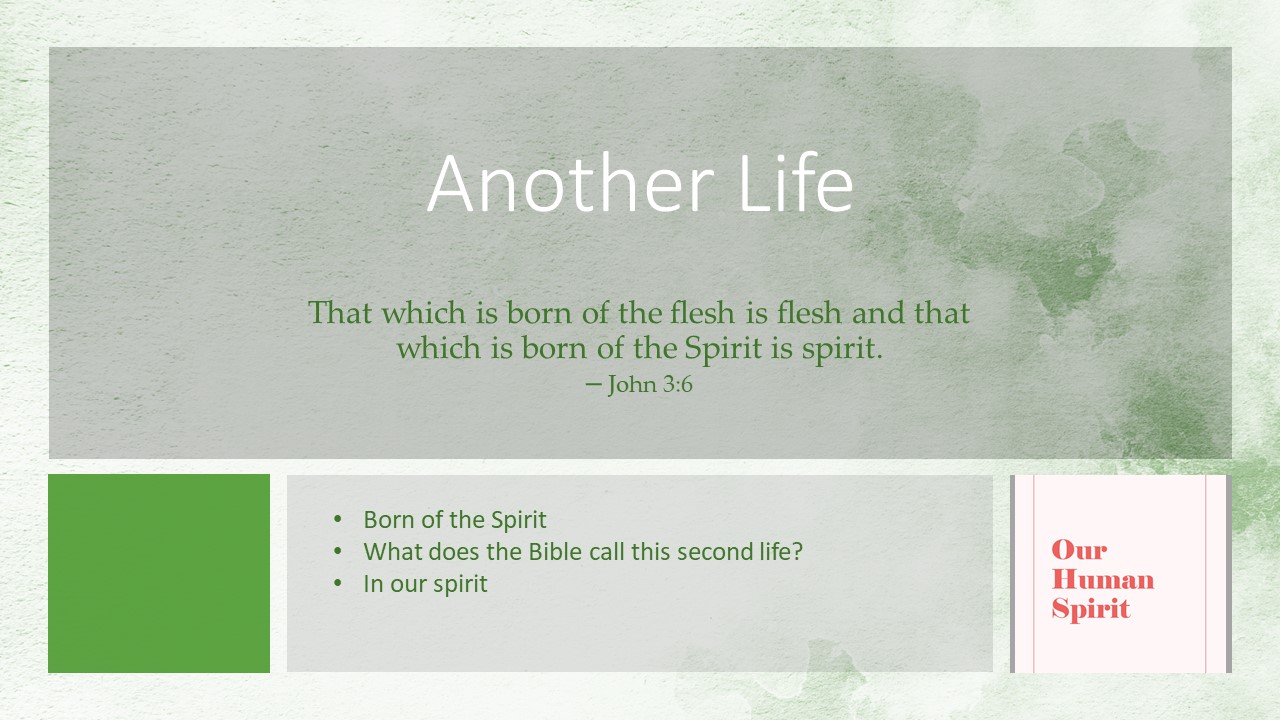
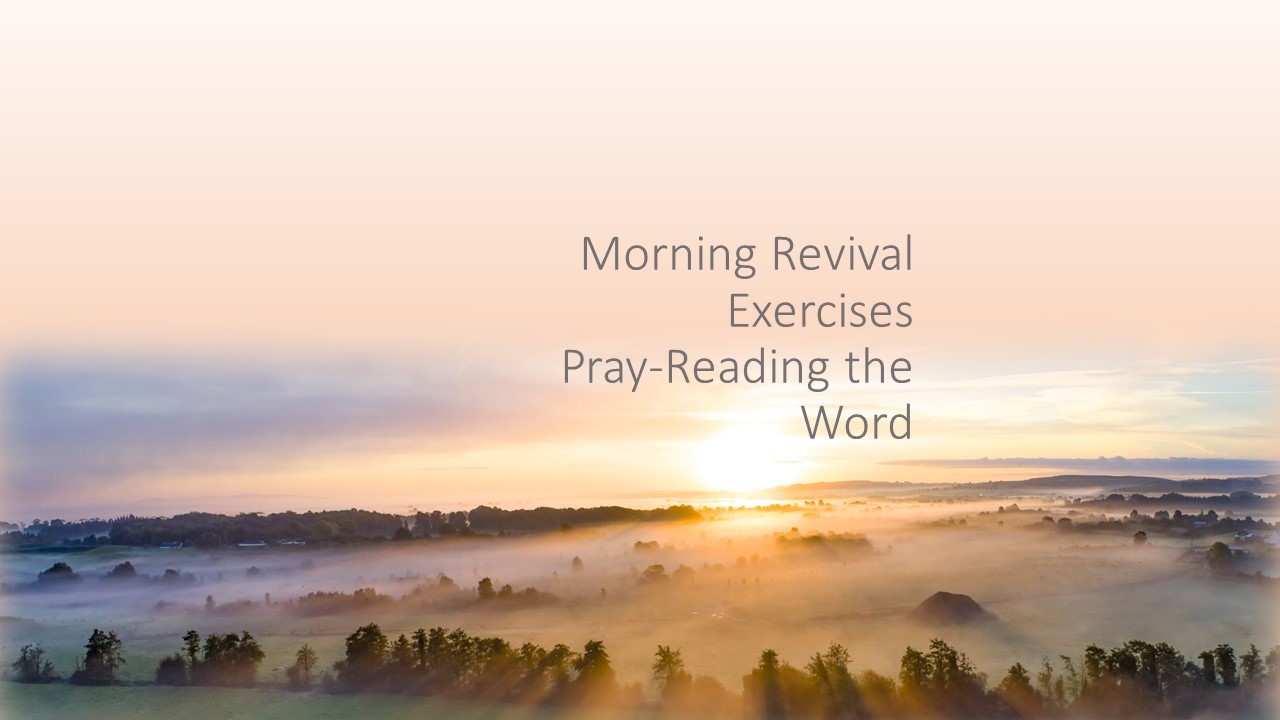

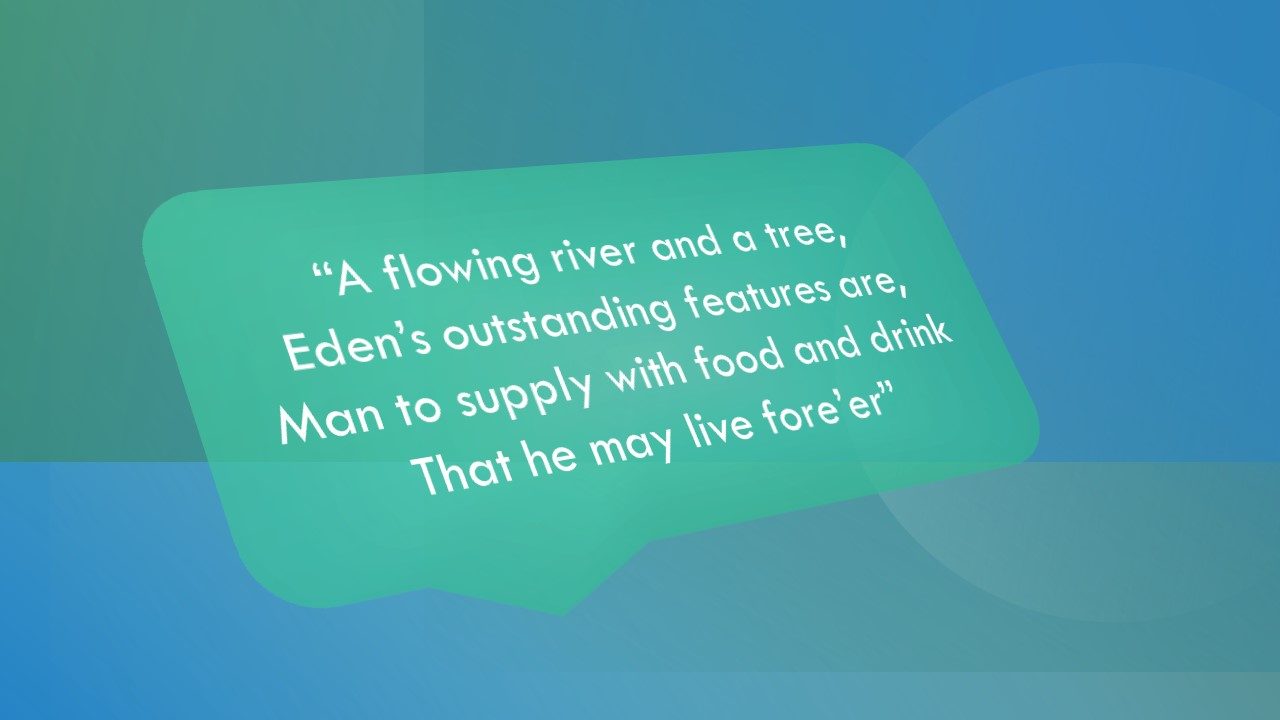
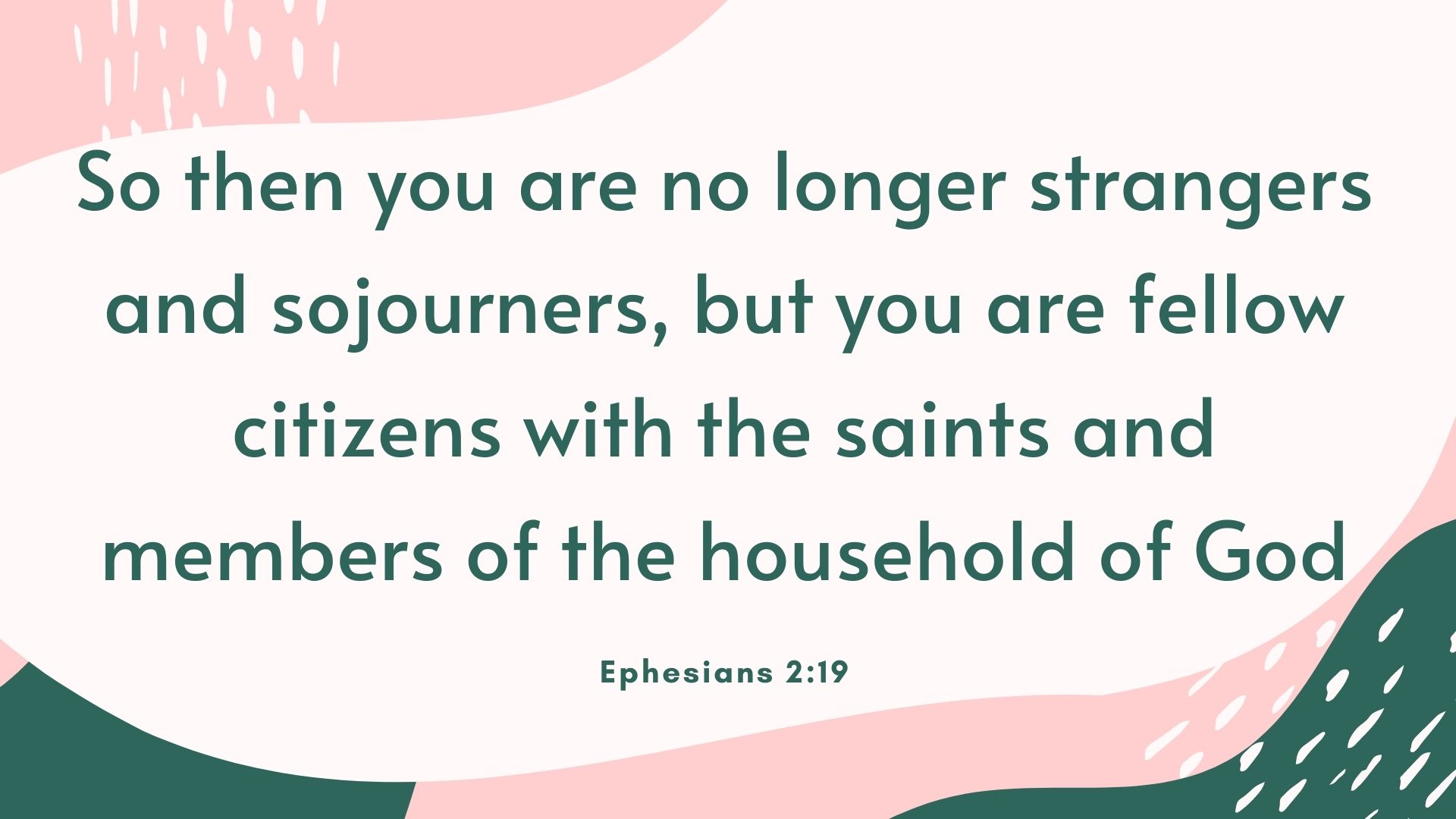

 Jesus said to them, I am the bread of life; he who comes to Me shall by no means hunger, and he who believes into Me shall by no means ever thirst. (John 6:35)
Jesus said to them, I am the bread of life; he who comes to Me shall by no means hunger, and he who believes into Me shall by no means ever thirst. (John 6:35)